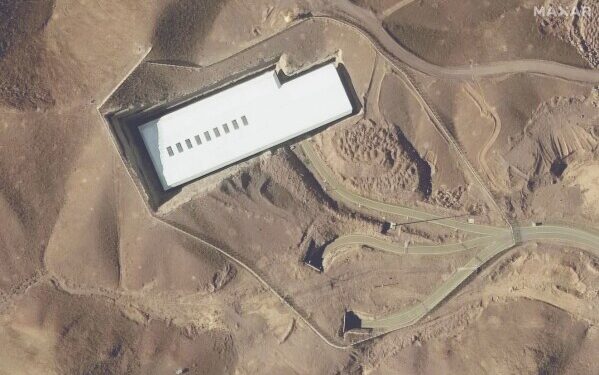Geopolitical tensions flared again this week as the United States issued a strong warning to Iran concerning its nuclear programme, specifically activities at the underground Fordo enrichment facility. The move signals a renewed diplomatic standoff, reigniting concerns over nuclear proliferation and Middle Eastern stability.
According to US intelligence officials and the International Atomic Energy Agency (IAEA), Iran has significantly expanded uranium enrichment at the heavily fortified Fordo site. The enrichment is reportedly approaching weapons-grade levels—an escalation that Washington deems a direct breach of commitments under the now-defunct 2015 Joint Comprehensive Plan of Action (JCPOA).
Fordo, built deep into a mountainside near Qom, has long been a point of contention. Originally concealed from international inspectors, the facility was later revealed as part of Iran’s peaceful energy ambitions. But recent developments suggest the site is playing a central role in Tehran’s potential pivot towards a weapons-capable nuclear infrastructure.
In a statement issued Wednesday, the US State Department condemned Iran’s actions as “provocative and deeply concerning,” calling for an immediate return to compliance with international safeguards. Washington also urged the Iranian government to allow IAEA inspectors full access to all facilities and documentation, noting increased obstruction over the past several months.
Tehran, for its part, continues to insist that its programme is purely civilian and for energy purposes. Iranian officials have responded defiantly, accusing the US of hypocrisy and interference, especially as regional tensions rise over American support for Israel during its ongoing conflict with Iranian-aligned forces in the region.
Diplomatic efforts remain stalled. With the JCPOA effectively moribund since the US withdrawal under Donald Trump in 2018, successive rounds of negotiations have failed to produce a durable framework. The Biden administration’s attempts to revive dialogue have been undermined by hardline factions in both Washington and Tehran, as well as the wider geopolitical climate, including Ukraine and the China-US rivalry.
The timing is significant. Intelligence reports suggest Iran may be weeks away from having enough enriched uranium to construct a nuclear bomb, though weaponisation would take longer. Nevertheless, the rapid technical progress combined with hardened political rhetoric is raising alarm in European capitals and among US allies in the Gulf.
Markets reacted cautiously to the developments, with oil prices inching higher on fears of potential disruptions to Gulf shipping lanes and broader regional instability. Defence analysts warn that a miscalculation around Fordo or a military strike—however targeted—could trigger a much wider conflict, drawing in actors from Syria to Lebanon and possibly beyond.
As international observers monitor the situation, the Fordo facility once again symbolises the fragile fault lines between diplomacy, deterrence, and escalation. With global attention divided and strategic patience thinning, the path ahead appears increasingly fraught.
newshub finance



Recent Comments